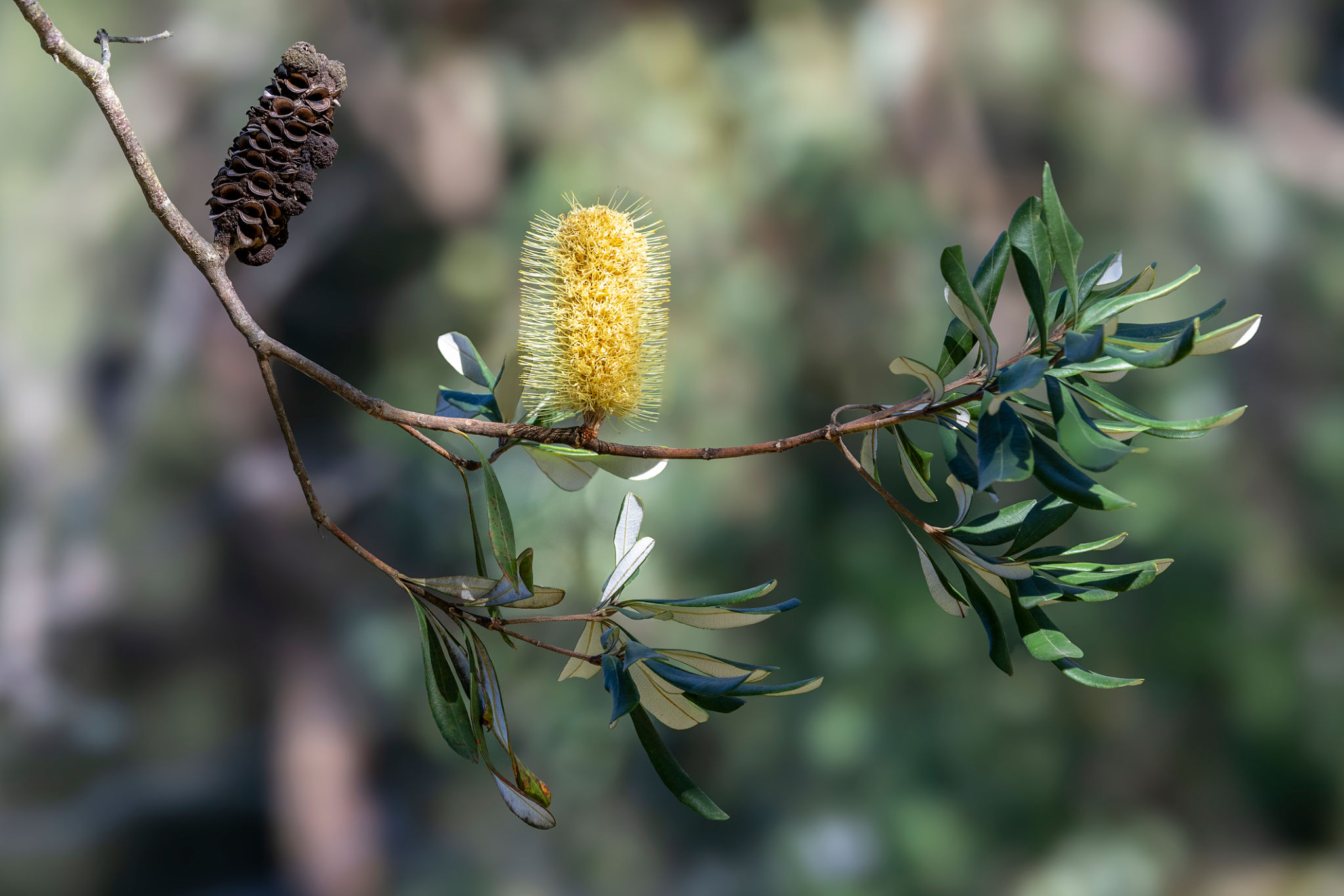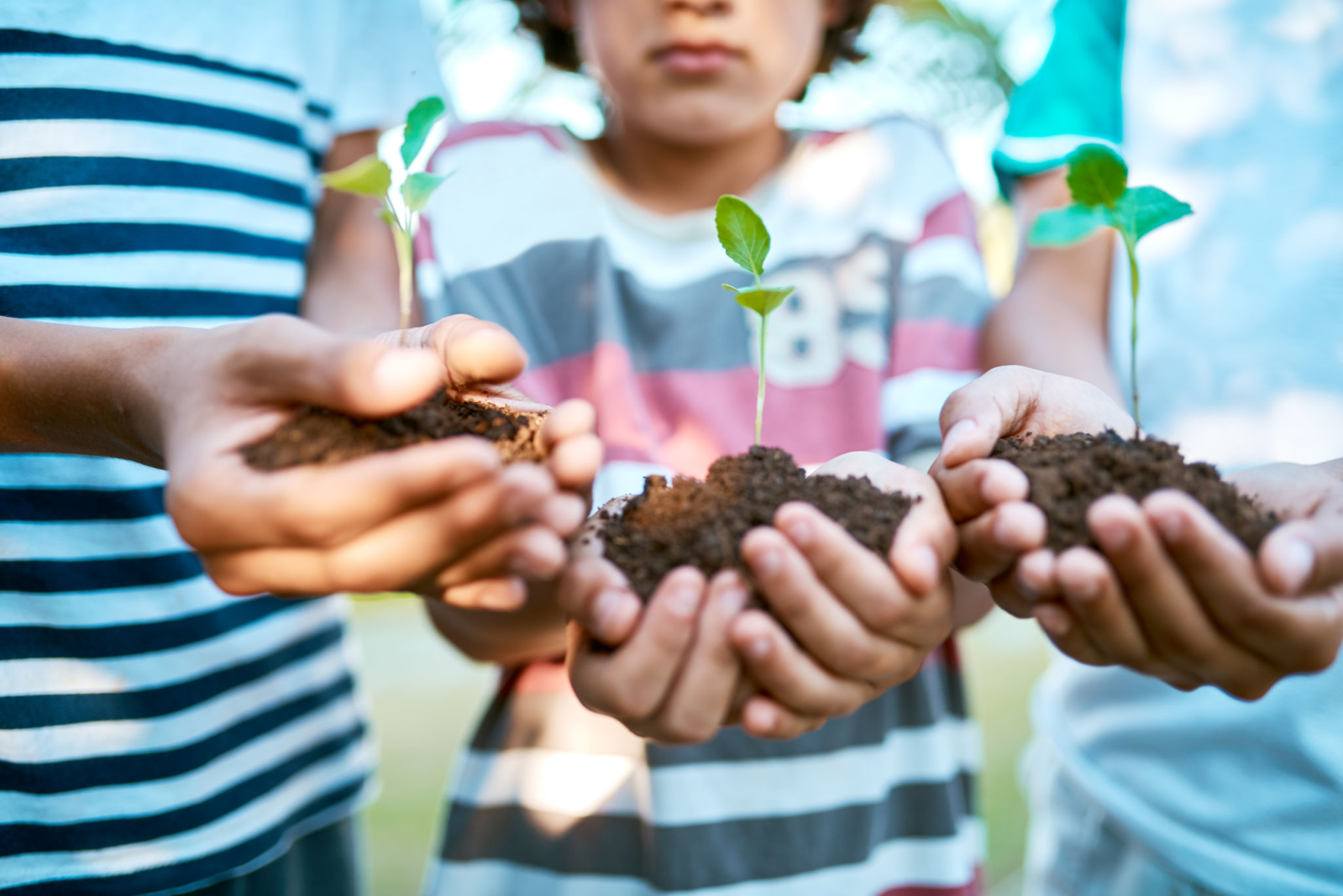Expert Tips for Maintaining an Eco-Friendly Yard Year-Round
Choose Native Plants
One of the most effective ways to maintain an eco-friendly yard is by incorporating native plants into your landscape. Native plants are already adapted to the local climate and soil conditions, which means they require less water and maintenance. Additionally, they provide a habitat for local wildlife, promoting biodiversity in your area. When selecting plants, consider those that are drought-tolerant and resistant to pests.

Benefits of Native Plants
Native plants are not only low-maintenance but also play a crucial role in preserving local ecosystems. They often require less fertilizer and pesticides, which helps reduce chemical runoff into waterways. By choosing native species, you're also supporting pollinators such as bees and butterflies, which are essential for a healthy environment.
Implement Water Conservation Practices
Water conservation is a vital aspect of maintaining an eco-friendly yard. Simple strategies like installing a rain barrel can make a significant difference. A rain barrel collects rainwater from your roof, which you can then use to water your plants. This not only conserves water but also reduces your utility bill.

Smart Irrigation Techniques
Consider investing in a smart irrigation system that adjusts watering schedules based on weather conditions. These systems ensure that your yard receives the optimal amount of water, avoiding overwatering and reducing waste. Additionally, watering in the early morning or late evening minimizes evaporation and ensures that more water reaches the roots.
Create a Composting System
Composting is an excellent method for reducing waste and enriching your soil naturally. By composting kitchen scraps and yard waste, you create nutrient-rich soil that enhances plant growth and reduces the need for chemical fertilizers. Setting up a compost bin is easy and can significantly impact your yard's sustainability.

Composting Tips
To start composting, gather materials like fruit peels, vegetable scraps, grass clippings, and dried leaves. Layer these materials in your compost bin and turn them regularly to aerate the pile. Over time, these materials will break down into rich compost that can be used to fertilize your garden.
Adopt Organic Lawn Care Practices
Maintaining an eco-friendly yard involves adopting organic lawn care practices. Avoid synthetic fertilizers and pesticides, which can harm beneficial insects and contaminate soil and water supplies. Instead, opt for organic fertilizers made from natural materials like bone meal or fish emulsion.

Lawn Care Without Chemicals
Aerating your lawn annually improves soil drainage and encourages deep root growth. Additionally, mowing regularly with a sharp blade ensures healthy grass growth while minimizing pest problems. By keeping your lawn at an appropriate height, you also prevent weeds from taking over.
Encourage Wildlife Diversity
Creating a habitat that supports diverse wildlife is another key element of an eco-friendly yard. Plant a variety of trees, shrubs, and flowers to attract different species of birds, insects, and small mammals. Providing food sources and shelter encourages these creatures to thrive in your garden.
Building Birdhouses and Bug Hotels
Consider adding birdhouses or bug hotels to your yard to provide nesting spaces for birds and beneficial insects. These structures not only support wildlife but also add charm and character to your outdoor space. Observing the wildlife that visits your garden can be a rewarding experience for the whole family.